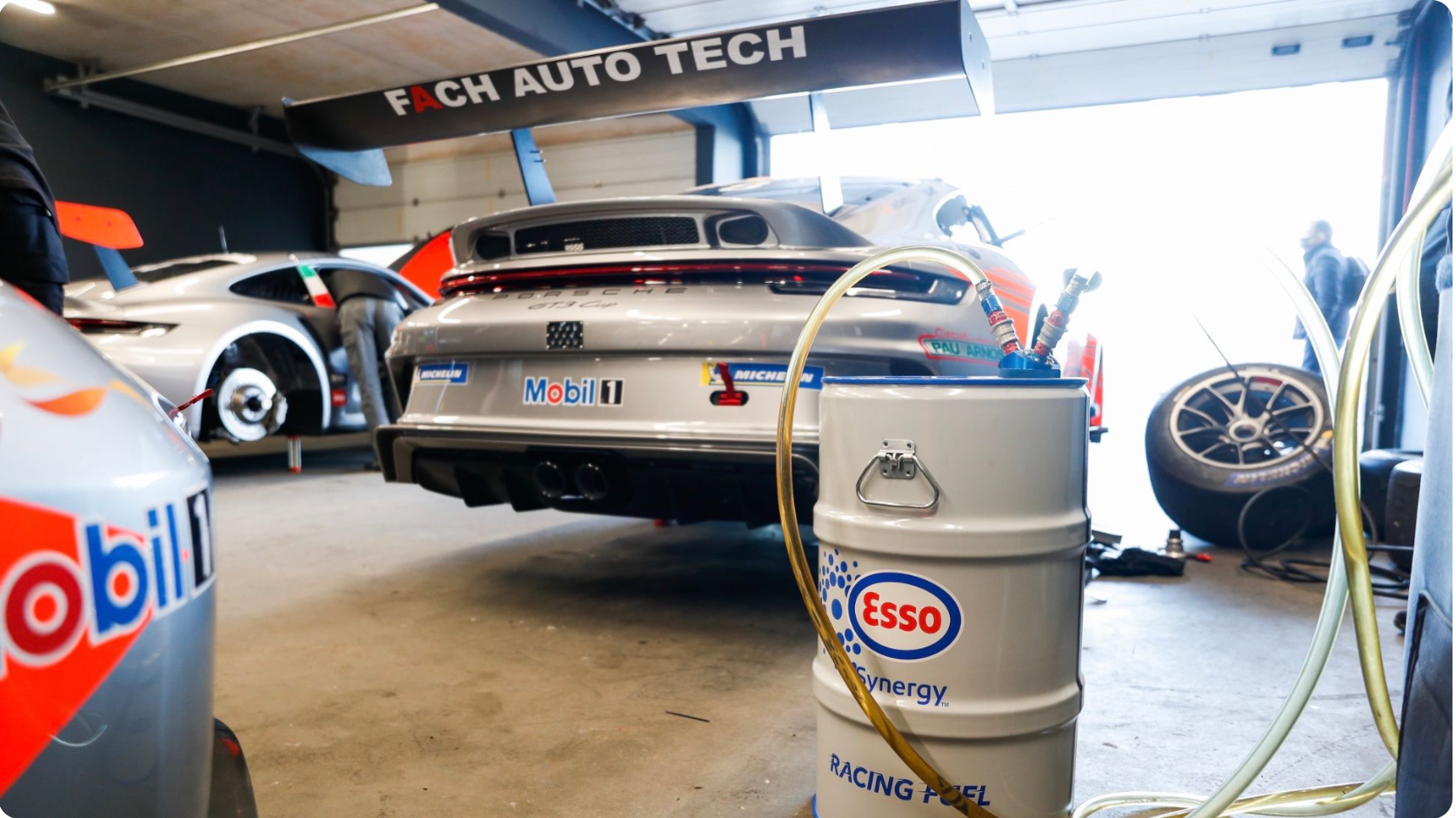6 Things You Don’t Know About Porsche’s BioFuels
In an era where environmental sustainability is paramount, the automotive industry faces the challenge of reconciling performance with eco-friendliness. Porsche, a brand synonymous with high-performance sports cars, has been at the forefront of this balancing act. As concerns over climate change and carbon emissions intensify, Porsche has been exploring alternative fuel sources to power its iconic vehicles. Among these alternatives, biofuels have emerged as a promising avenue, offering the potential for reduced carbon footprint without compromising on the exhilarating driving experience that Porsche enthusiasts crave.
1. Biofuels: A Sustainable Solution. – that’s what they say
Biofuels are derived from renewable organic materials such as plants and agricultural waste, making them a viable alternative to conventional fossil fuels. Unlike fossil fuels, which release carbon dioxide stored deep within the Earth’s crust when burned, biofuels recycle carbon dioxide already present in the atmosphere through the process of photosynthesis. This closed carbon cycle makes biofuels carbon-neutral, thereby reducing greenhouse gas emissions and mitigating the environmental impact of combustion engines.
2..Porsche’s Commitment to Sustainability
Porsche has long recognized the importance of sustainability in the automotive industry. The company’s sustainability strategy encompasses various aspects, including reducing CO2 emissions, conserving resources, and promoting eco-friendly manufacturing processes. As part of this commitment, Porsche has been actively exploring alternative fuel technologies, with biofuels emerging as a key focus area.
One of Porsche’s notable initiatives in this regard is its participation in the development of advanced biofuels tailored specifically for high-performance engines. Collaborating with research institutions and industry partners, Porsche has been instrumental in advancing the technology and infrastructure necessary for the widespread adoption of biofuels in the automotive sector.
3. Performance Meets Sustainability
One of the primary concerns surrounding alternative fuels is their impact on vehicle performance. Porsche, renowned for its uncompromising commitment to driving dynamics, has sought to address this concern by developing biofuels that deliver both performance and sustainability.
Biofuels offer several advantages in terms of performance compared to conventional fossil fuels. Their higher octane ratings and superior combustion characteristics can enhance engine efficiency and power output, resulting in improved acceleration and responsiveness. Additionally, biofuels have a higher energy density than ethanol-based alternatives, allowing for longer driving ranges without compromising performance.
Porsche has conducted extensive testing and optimization to ensure that its engines can fully capitalize on the potential of biofuels. From refining fuel formulations to fine-tuning engine calibrations, Porsche engineers have fine-tuned every aspect of the driving experience to harness the benefits of sustainable biofuels without sacrificing the exhilarating performance that enthusiasts expect from the brand.
4. Environmental Benefits of Porsche Biofuels
Beyond performance enhancements, Porsche’s adoption of biofuels offers significant environmental benefits. By reducing reliance on fossil fuels and minimizing carbon emissions, biofuels contribute to combating climate change and reducing air pollution. Moreover, biofuels can help diversify the energy supply and promote energy independence, thereby enhancing energy security and resilience.
In addition to their direct environmental impact, biofuels also have ancillary benefits such as promoting sustainable agriculture and rural development. The cultivation of biofuel feedstocks can provide economic opportunities for farmers and rural communities while promoting land stewardship and biodiversity conservation.
5. Challenges and Opportunities
Despite their promise, biofuels are not without challenges. One of the primary concerns is the competition between food and fuel production, as some biofuel feedstocks, such as corn and sugarcane, are also staple food crops. To address this issue, Porsche is exploring alternative feedstocks that do not compete with food production, such as algae, agricultural residues, and non-food crops.
Another challenge is the scalability of biofuel production and distribution infrastructure. While biofuels have been successfully tested in laboratory settings and small-scale trials, scaling up production to meet the demands of the automotive market requires significant investment in infrastructure and technology. Porsche is collaborating with industry partners and policymakers to overcome these challenges and create a robust biofuel supply chain that can support widespread adoption.
6. The Future of Porsche Biofuels
As Porsche continues to invest in research and development, the future looks promising for biofuels in the automotive industry. With advancements in feedstock optimization, production processes, and engine technology, biofuels have the potential to become a mainstream alternative to conventional fossil fuels.
In the coming years, Porsche aims to expand the availability of biofuels across its vehicle lineup, offering customers a sustainable option without compromising on performance or driving experience. By leading the way in sustainable innovation, Porsche seeks to set new standards for environmental responsibility in the automotive industry and inspire other manufacturers to follow suit.
More to Come
Porsche’s foray into biofuels represents a significant step towards achieving sustainability in the automotive sector. By harnessing the power of renewable energy sources, Porsche is demonstrating its commitment to environmental stewardship while delivering the exhilarating driving experience that enthusiasts crave. As biofuels continue to evolve and gain traction, they have the potential to revolutionize the way they power their vehicles, ushering in a new era of sustainable performance on the road.

